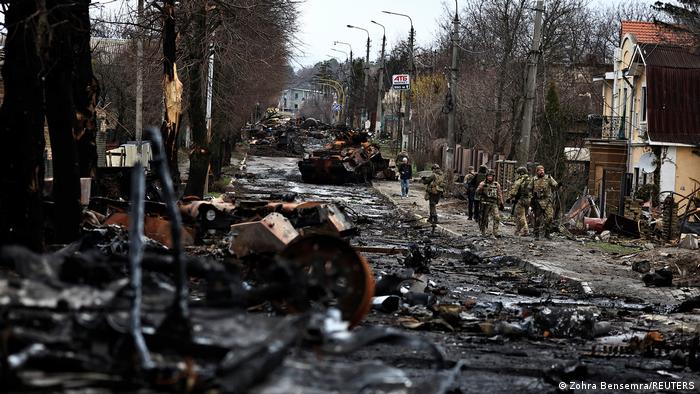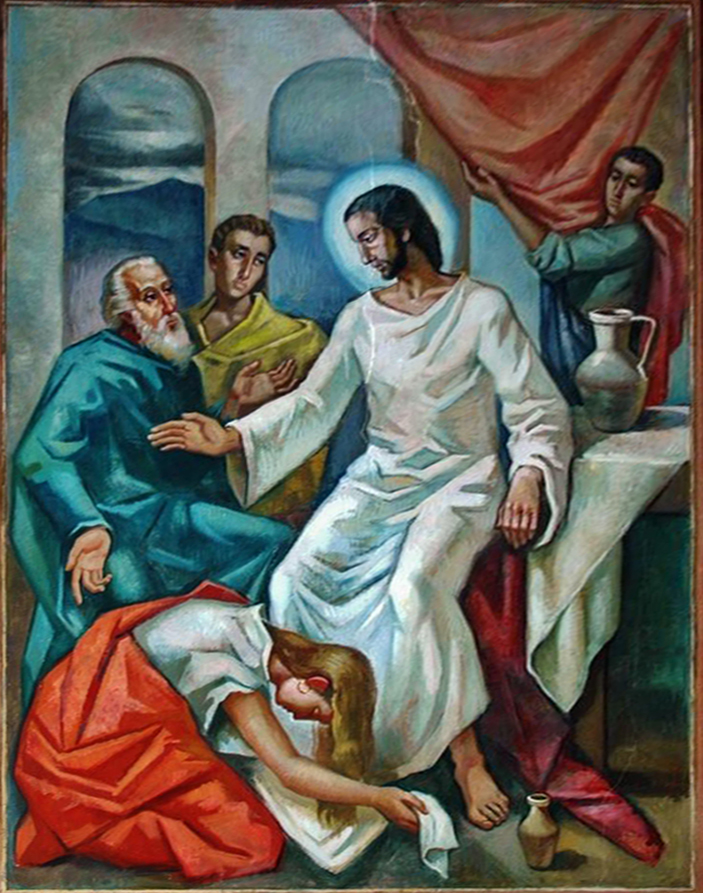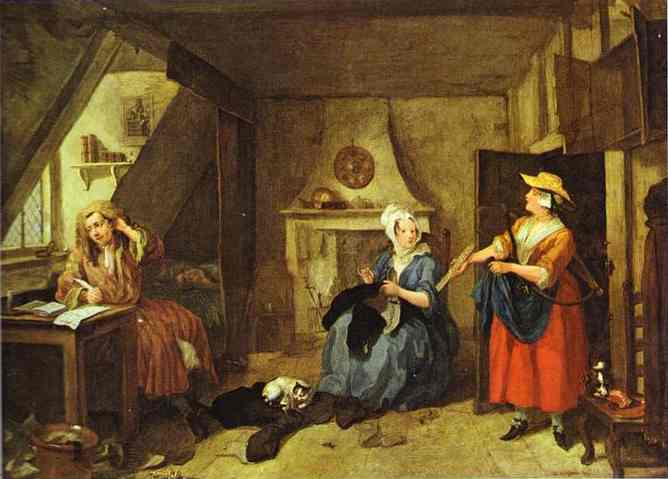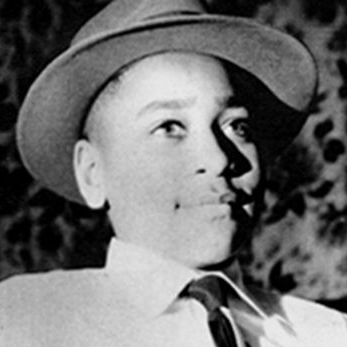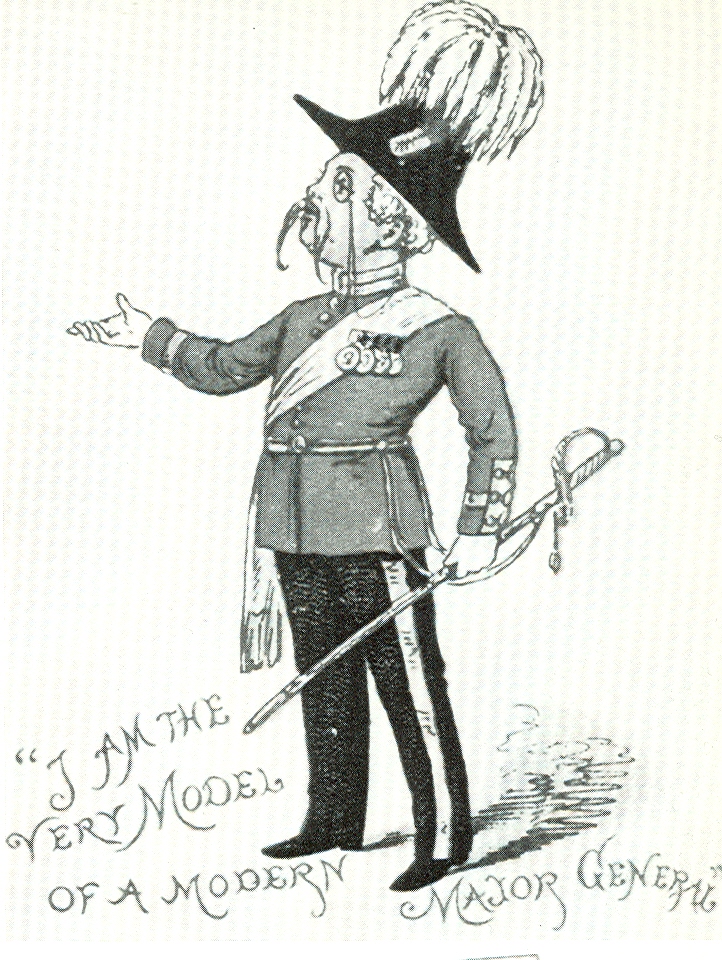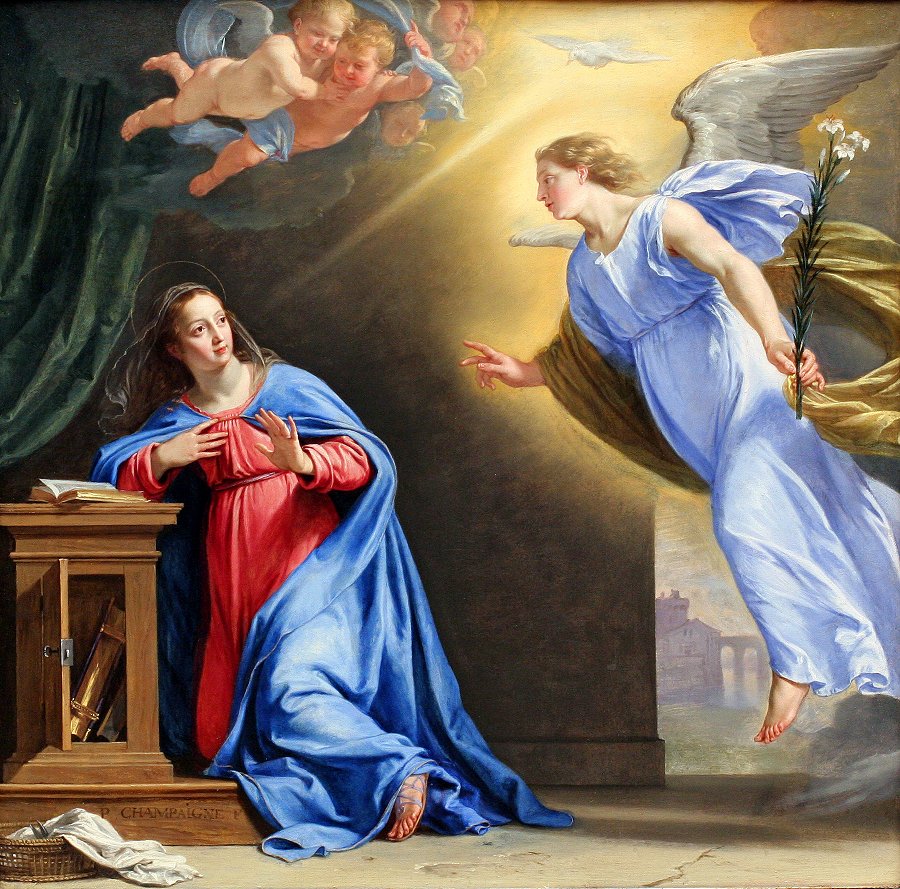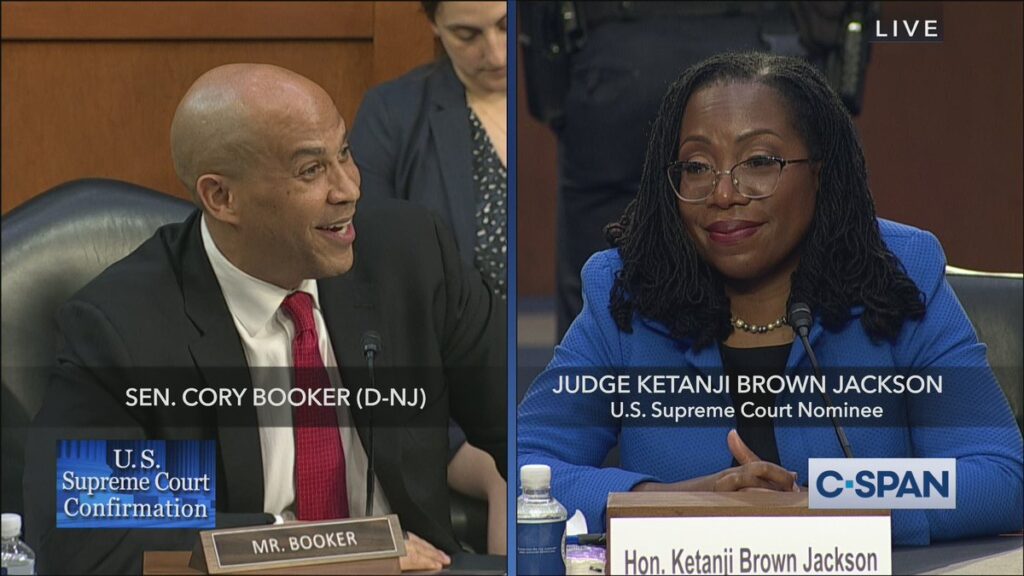Monday
Following the withdrawal of Russian troops from certain Ukrainian towns they had seized, we are getting a full measure of the evil that Vladimir Putin is visiting upon the country. According to the mayor of now liberated Bucha, some 270 civilians were found in two mass graves and another 40 were lying dead in the streets.
Not that we should be surprised. Washington Post columnist Max Boot, who emigrated from the Soviet Union as a child, observes that Russia has fought wars this way for some time. “They commit war crimes to terrorize the population into surrender,” he observes, pointing out that this is how Putin’s forces “fought in Chechnya and Syria — and before that, how Soviet forces fought in Afghanistan and in central Europe during World War II.” Putin cares neither about Ukrainian lives nor Russian lives.”
I’ve come to think of Vladimir Putin as Vlad the Impaler (a.k.a. Vlad Dracula), one of the inspirations for Bram Stoker’s vampire. The 15th century Vlad used horror, especially impaling people (including women and their babies) to cement his authority and terrorize his enemies. Like Stoker’s Dracula, Putin lives off the blood of others, a leech who takes kickbacks from Russian mineral extraction without using the windfall to grow the economy and create a lasting prosperity. Indeed, rampant corruption is one reason why Russia’s military has failed so badly.
We should pay attention to the horror we currently feel because there’s a danger that we will become inured to it. So warns Bertolt Brecht in his poem “When Evil-Doing Comes Like Falling Rain.”
Brecht, a German who had to flee Nazi Germany, witnessed how the world closed its eyes to Hitler’s evil-doing until it became too evident to ignore. Until Ukraine, the world similarly closed its eyes to Putin’s atrocities, so it could do so again. In his poem, Brecht notes the different ways we manage to ignore people who have witnessed horrors:
When Evil-Doing Comes Like Falling Rain
Like one who brings an important
letter to the counter after
office hours: the counter is already closed.
Like one who seeks to warn the
city of an impending flood,
but speaks another language. They do not understand him.
Like a beggar who knocks for the
fifth time at the door where he has four times been given
something: the fifth time he is hungry.
Like one whose blood flows from
a wound and who awaits
the doctor: his blood goes on flowing.
So do we come forward and report that evil has been done us.
The first time it was reported that our friends were being
butchered there was a cry of horror. Then a hundred
were butchered. But when a thousand were butchered
and there was no end to the butchery, a blanket of
silence spread.
When evil-doing comes like falling rain, nobody calls out
“stop!”
When crimes begin to pile up they become invisible. When
sufferings become unendurable the cries are no longer
heard. The cries, too, fall like rain in summer.
May what is happening in Bucha, Mariupol, and other Ukrainian cities never become invisible. It will require all our powers of empathy to keep our focus on the Ukrainian people, however. Their suffering, already unendurable, looks as though it will continue for some time.
